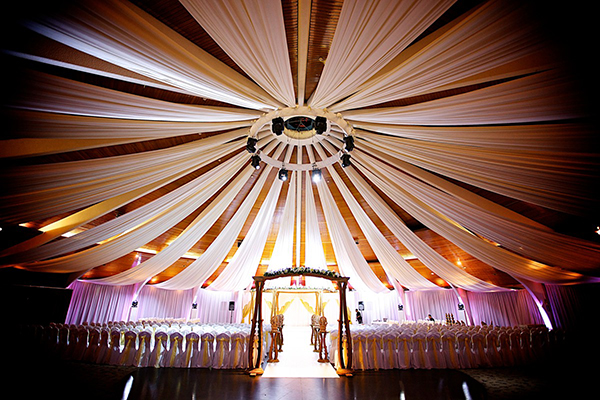Intelligent lighting refers to a type of lighting system that uses advanced technology to optimize and control lighting in a space. This type of lighting system can be used in both residential and commercial settings, and offers a range of benefits compared to traditional lighting systems. However, like any technology, intelligent lighting also has its drawbacks. In this blog post, we will explore the advantages and disadvantages of intelligent lighting in detail.
Advantages of intelligent lighting
- Energy efficiency
One of the biggest advantages of intelligent lighting is its ability to save energy. These systems use advanced sensors and controls to adjust the lighting levels in a space based on factors such as natural light levels, occupancy, and time of day. This can help to reduce energy consumption and lower energy bills.
- Customization and control
Intelligent lighting systems offer a high level of customization and control. Users can program the lighting to suit their preferences and adjust it as needed. For example, they can set the lighting to be bright and energizing in the morning and softer and more relaxing in the evening. Intelligent lighting systems can also be controlled remotely, using a smartphone or tablet.
- Improved safety and security
Intelligent lighting can also improve safety and security. The system can be programmed to turn on the lights in certain areas when it detects motion, which can deter burglars and make it easier to navigate the space at night.
- Increased productivity
Studies have shown that the right lighting can improve productivity and enhance the overall work experience. Intelligent lighting systems allow users to adjust the lighting levels and color temperature to suit their needs, which can help to improve concentration and reduce eye strain.
Disadvantages of intelligent lighting
- Cost
One of the main disadvantages of intelligent lighting is the cost. These systems tend to be more expensive than traditional lighting systems, both to install and to maintain. This can be a barrier for some users, especially for larger spaces or for those on a tight budget.
- Complexity
Intelligent lighting systems can also be complex to install and set up, especially for those who are not familiar with the technology. This can be a challenge for DIY installations or for those who do not have access to technical support.
- Dependence on technology
Finally, intelligent lighting systems rely on technology, which means they are subject to technical issues and can be vulnerable to hacking. This can be a concern for users who are concerned about security or who do not want to be dependent on technology for their lighting needs.
Tips To Choose A Intelligent Lighting
Here are some tips to help you choose the right intelligent lighting system for your needs:
- Determine your budget: Intelligent lighting systems can vary in price, so it’s important to determine your budget before you start shopping. This will help you narrow down your options and ensure that you get the most value for your money.
- Consider your space: Think about the size and layout of your space, as well as your lighting needs. Do you need a system that can cover a large area, or something more compact? Are you looking for adjustable brightness or color temperature? These factors will help you determine the type of system that will work best for you.
- Look for energy-efficient options: One of the main benefits of intelligent lighting is its energy efficiency, so be sure to look for systems that have a good track record in this area. Energy-efficient systems can help you save money on your energy bills in the long run.
- Consider the level of control you want: Intelligent lighting systems offer varying levels of control, from simple on/off switches to more advanced systems with multiple settings and options. Determine the level of control you want and look for a system that matches your needs.
- Read reviews and get recommendations: Before you make a purchase, be sure to read reviews and get recommendations from other users. This can help you get a sense of the pros and cons of different systems and make an informed decision.
Conclusion
In summary, intelligent lighting systems offer a range of benefits, including energy efficiency, customization and control, improved safety and security, and increased productivity. However, they also have drawbacks, including cost, complexity, and dependence on technology. While these systems may not be right for everyone, they can be a useful addition for those who are looking to optimize their lighting and take advantage of the latest technology.




